The Trolley Problem is asking students in Williston’s Religious Studies class to make a choice that kills.
The Trolley Problem is a thought experiment that presents a moral dilemma forcing individuals to make difficult choices against their ethical beliefs. The scenario is as follows:
There is a runaway trolley barreling down the railway tracks. Ahead, there are five people tied up and unable to move, with the trolley headed straight for them. You are standing at a distance from the train, next to a lever. If you pull it, the trolley will switch to a different set of tracks. On the sidetrack, though, there is only one person. You have two, and only two options:
Do nothing, in which case the trolley will kill the five people on the main track.
Pull the lever, diverting the trolley onto the sidetrack where it will kill one person.
Which is the more ethical option? Or, more simply: What is the right thing to do?
This is a very well-known ethical scenario, introduced by philosopher Philippa Foot in 1967. It has gained significant attention around the world, especially in schools, sparking discussions about moral decision-making and the ethical challenges we face in an increasingly complex and interconnected world.
Other versions of the problem exist too, such as the temporal switch and the non-fatal switch. In the end, however, the main idea still revolves around making moral decisions about ethical challenges that individuals may encounter in real-world situations.
One of the main ethical dilemmas it addresses is the tension between Utilitarianism and Kantian ethics. Utilitarianism suggests that the morally right action is the one that maximizes overall happiness, whereas Kantian ethics emphasizes the importance of following moral rules and principles regardless of the consequences.
It also serves as a tool for exploring ethical decision-making in various real world applications.
For example, doctors and healthcare professionals may encounter situations where they need to make decisions about allocating limited resources or performing procedures that involve risks to patients. This highlights the moral responsibilities of healthcare providers, and how they should prioritize the well-being of individual patients versus the broader population.
According to IFL Science, about 90% of respondents who encounter the trolley problem choose to kill the one and save five. Yet, if it was one of the modified scenarios as explained above where the one that sacrificed for the five was a relative or romantic partner, respondents were much less likely to be willing to sacrifice the one life to save the other five.
Nevertheless, like most philosophical problems, the Trolley Problem is not designed to have a solution. It is, rather, intended to provoke thought about the ethics of sacrificing an individual for the greater good, highlighting the conflict between different ethical frameworks in complex moral situations.
Richard Zhang, a freshman boarder enrolled in Religious Studies last trimester, would let the trolley continue on its path.
“In the world we live in right now, I don’t think I have the right to change the life of others,” he said. “[Considering] that, I would choose not to do anything.”
However, Sophia Chou ‘27, thinks much differently and would choose to divert the original track.
“For the benefit of humankind, I think that I will choose to pull the lever, because it kills as few people as possible,” she said.
Jayla Peets Butterfield, ‘27, a boarder who took the class, agrees with Sophia.
“The greater good for the greater number,” she noted.
However, there are opinions more in the middle ground. Freshman River Grady, also enrolled in Religious Studies, chose to reluctantly pull the lever.
“In this scenario, I don’t think there is an ethical option, but if I had to choose, I would pull the lever,” River said. “But I wouldn’t feel ethical at all because I have no idea what this person is like—how old they are, their personality, everything.”
The Trolley Problem: Will you Kill One to Save Five?
2
11
More to Discover
About the Contributor
Dannielle Lu ’27, Associate Editor
Dannielle Lu is a sophomore from Shanghai, China. She enjoys spending time painting, dancing, and writing short stories.



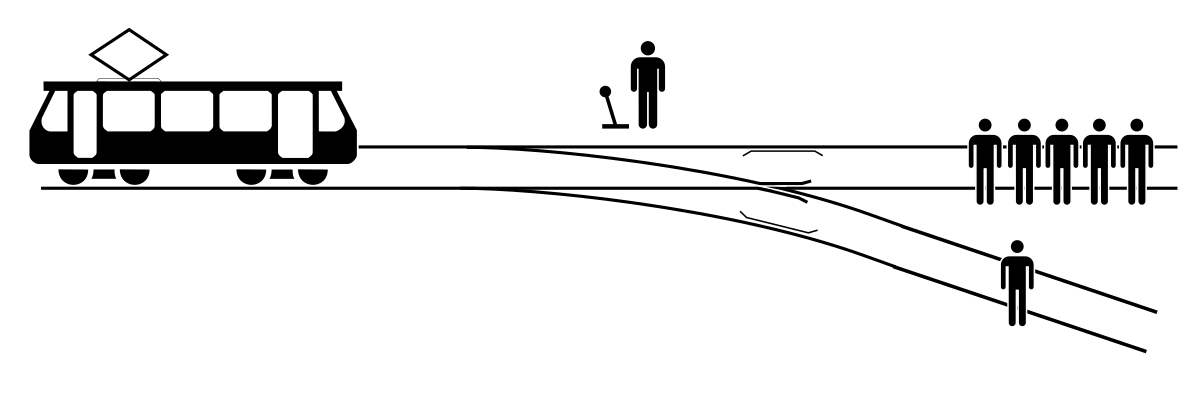



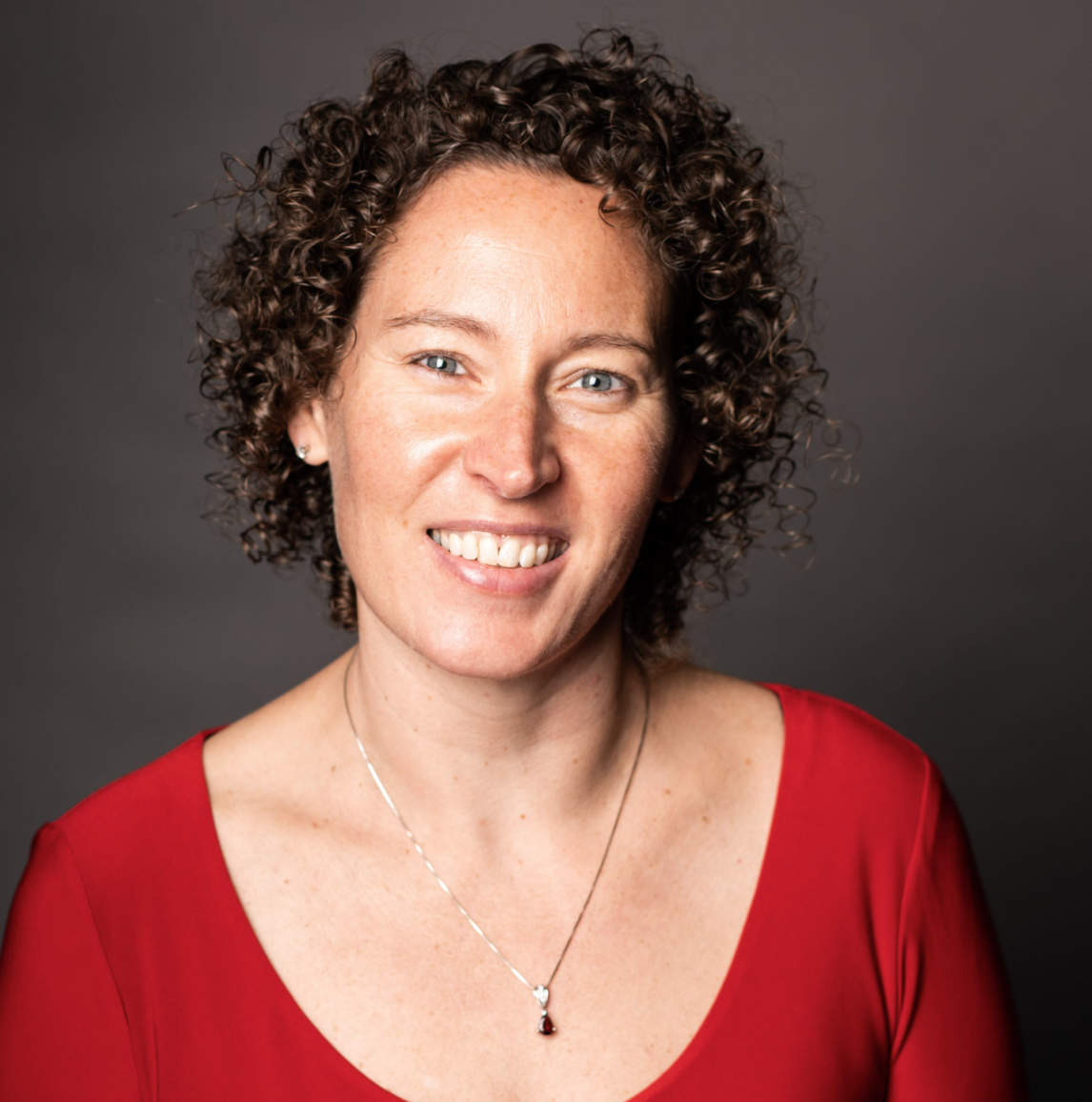
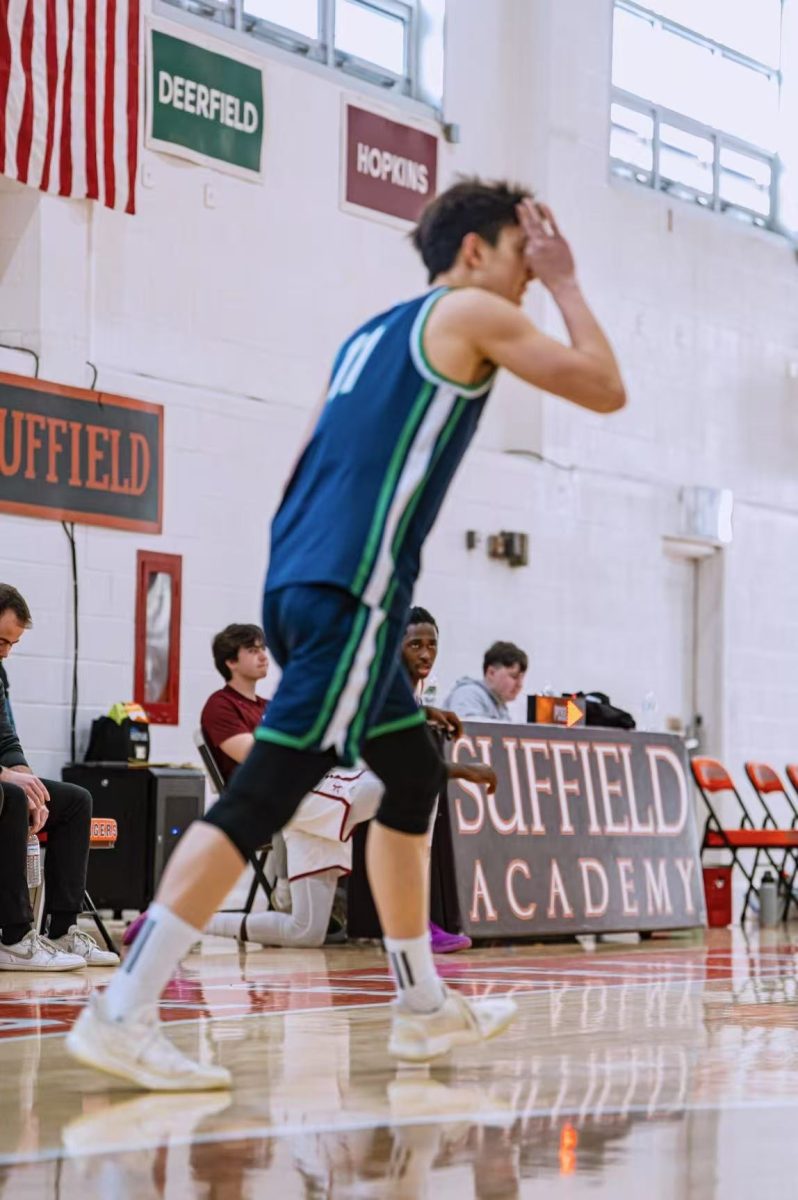



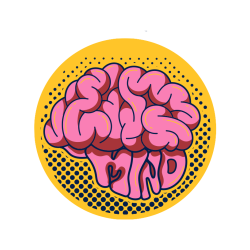

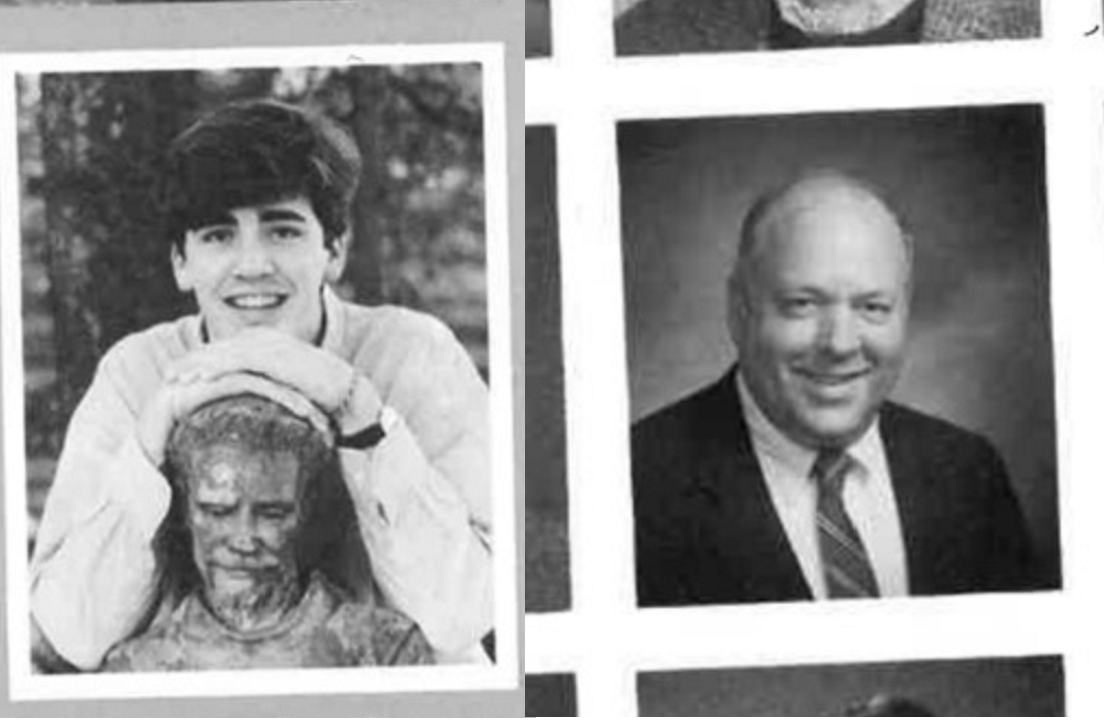
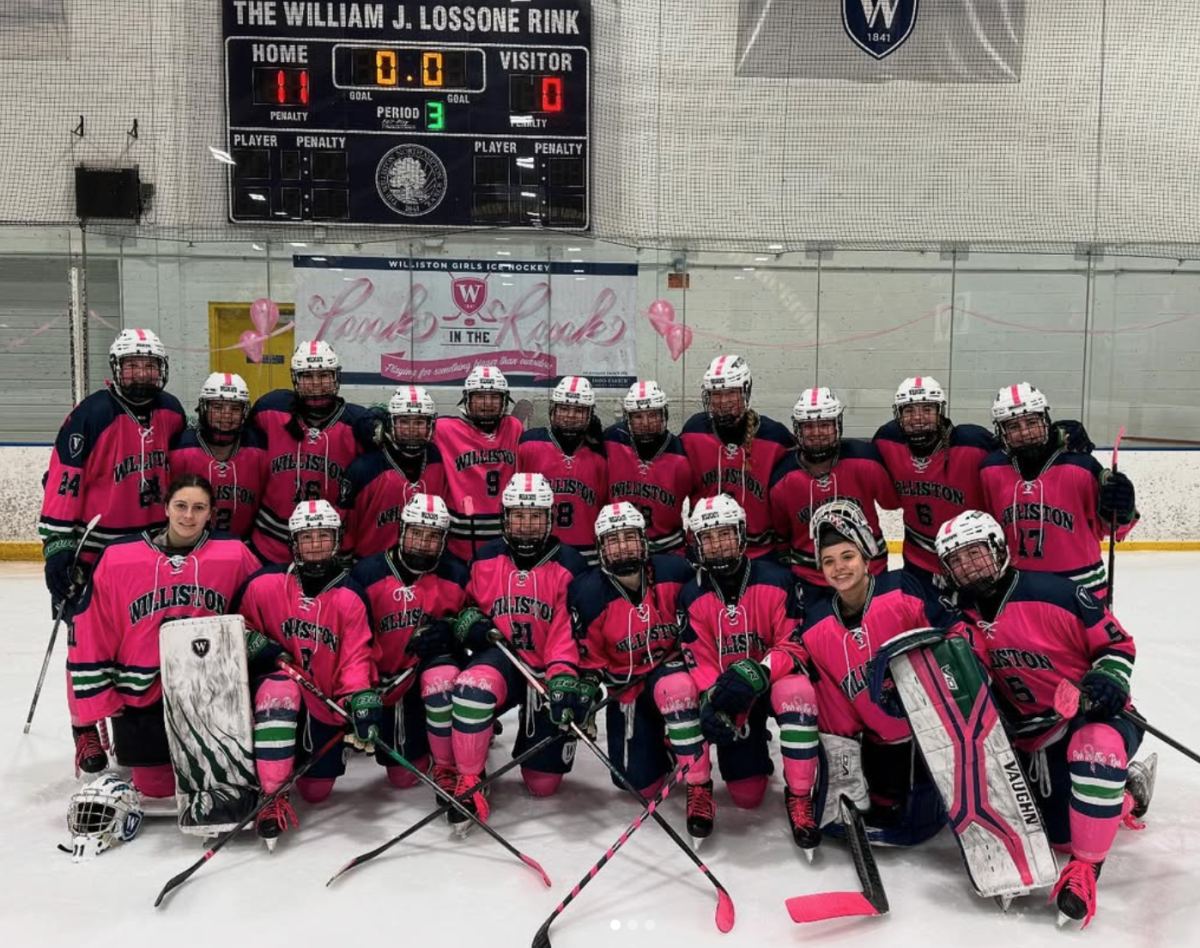

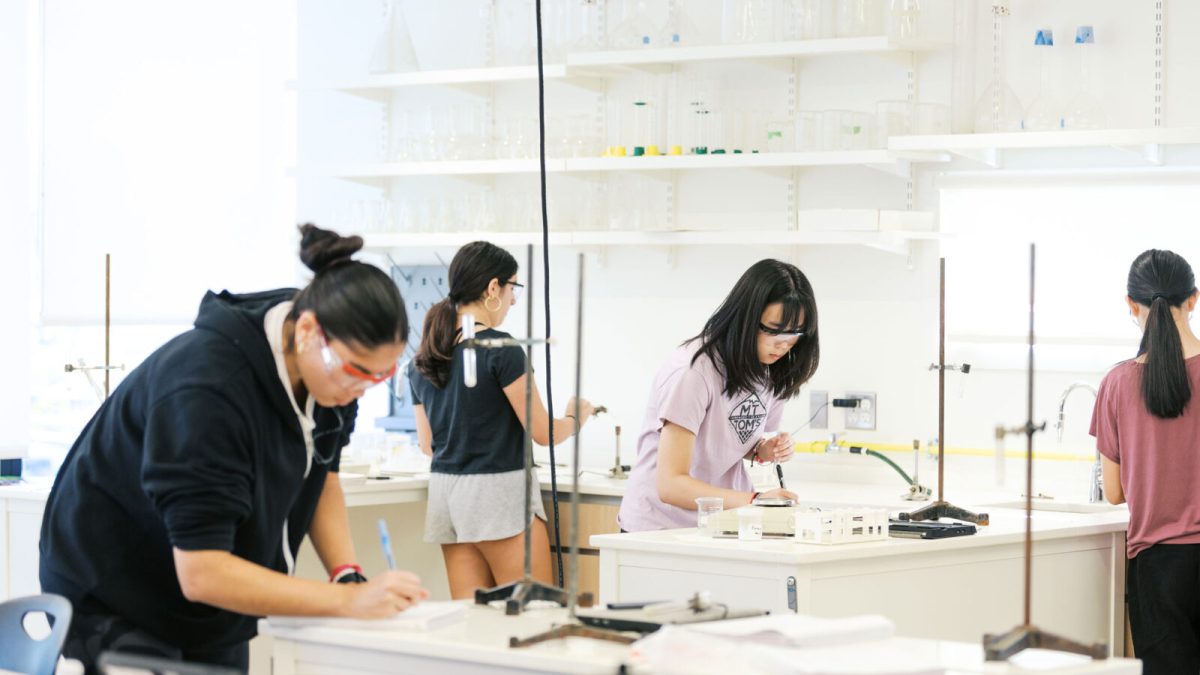

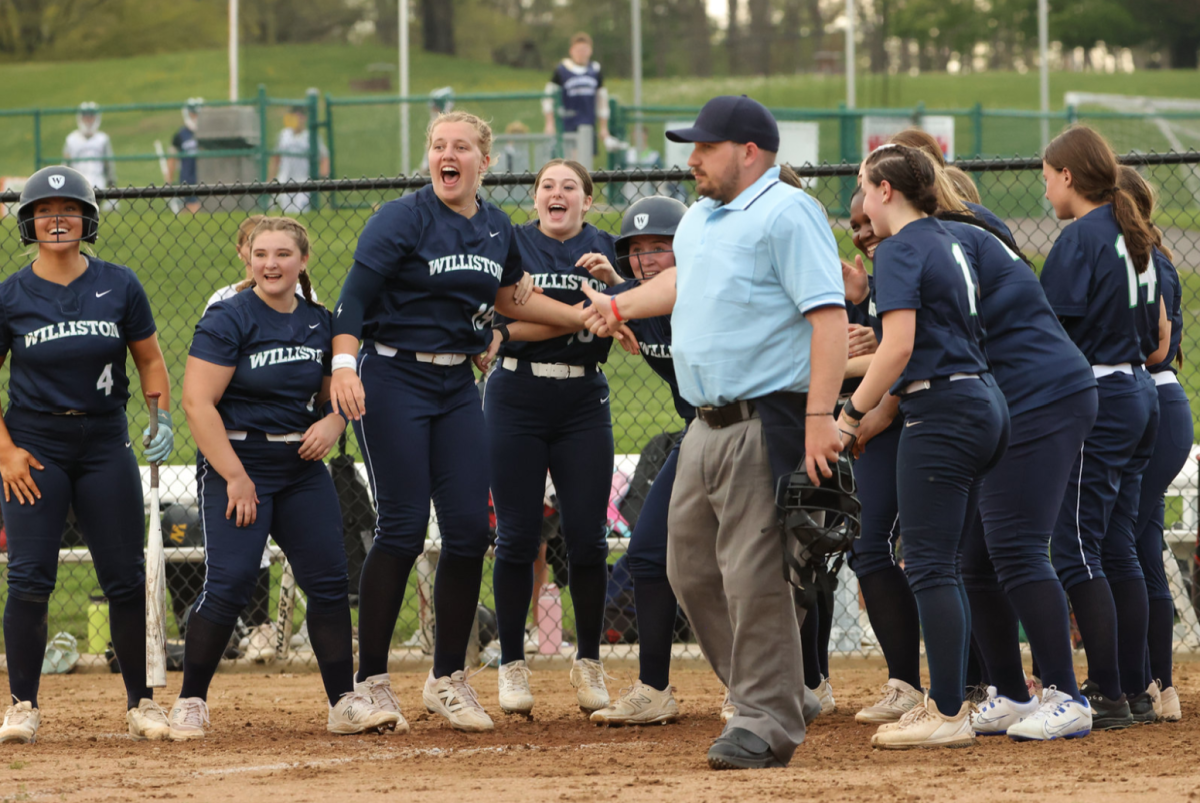
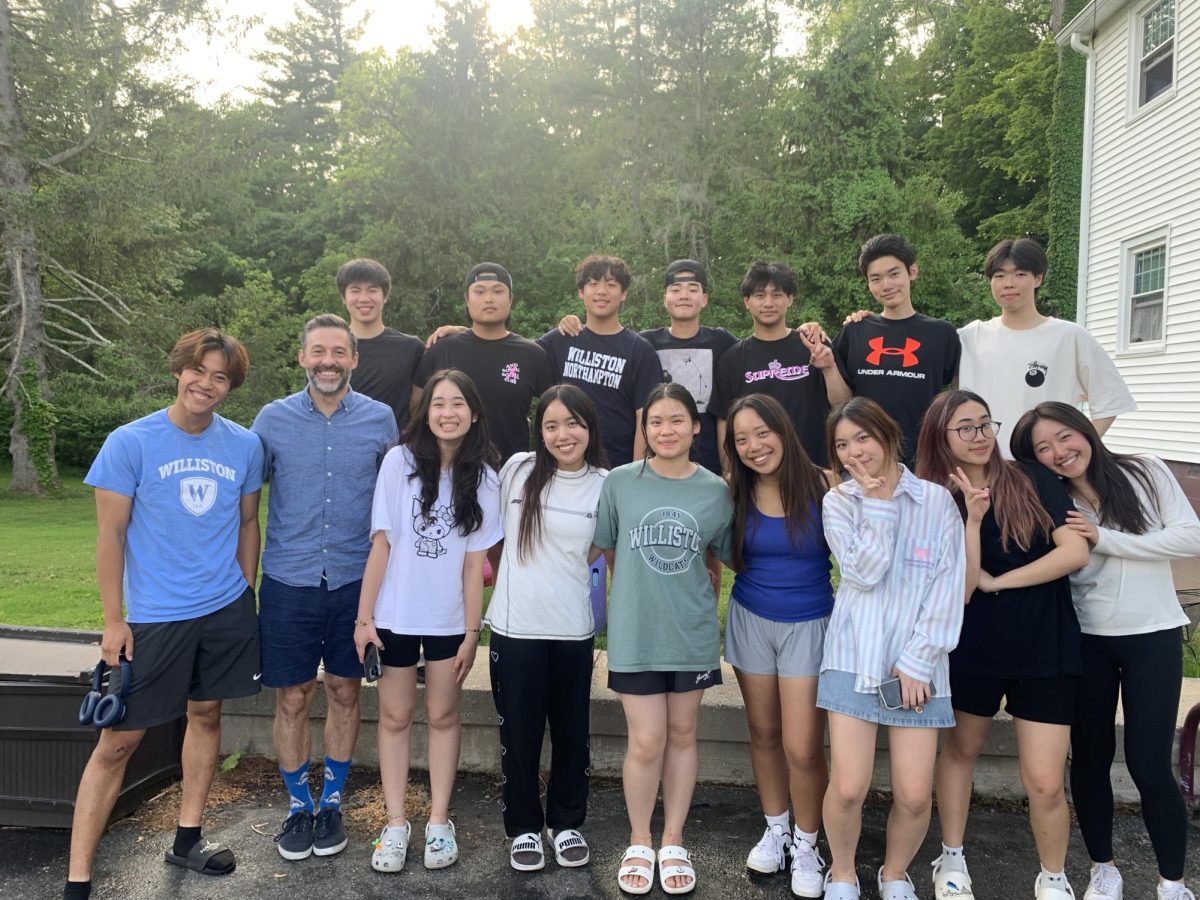

mika kruger • Apr 10, 2024 at 12:10 PM
i think that i would find a why to save all
Alia • Apr 3, 2024 at 5:38 PM
This is such an interesting topic! I really liked the addition of different viewpoints from people who are in or took the class!